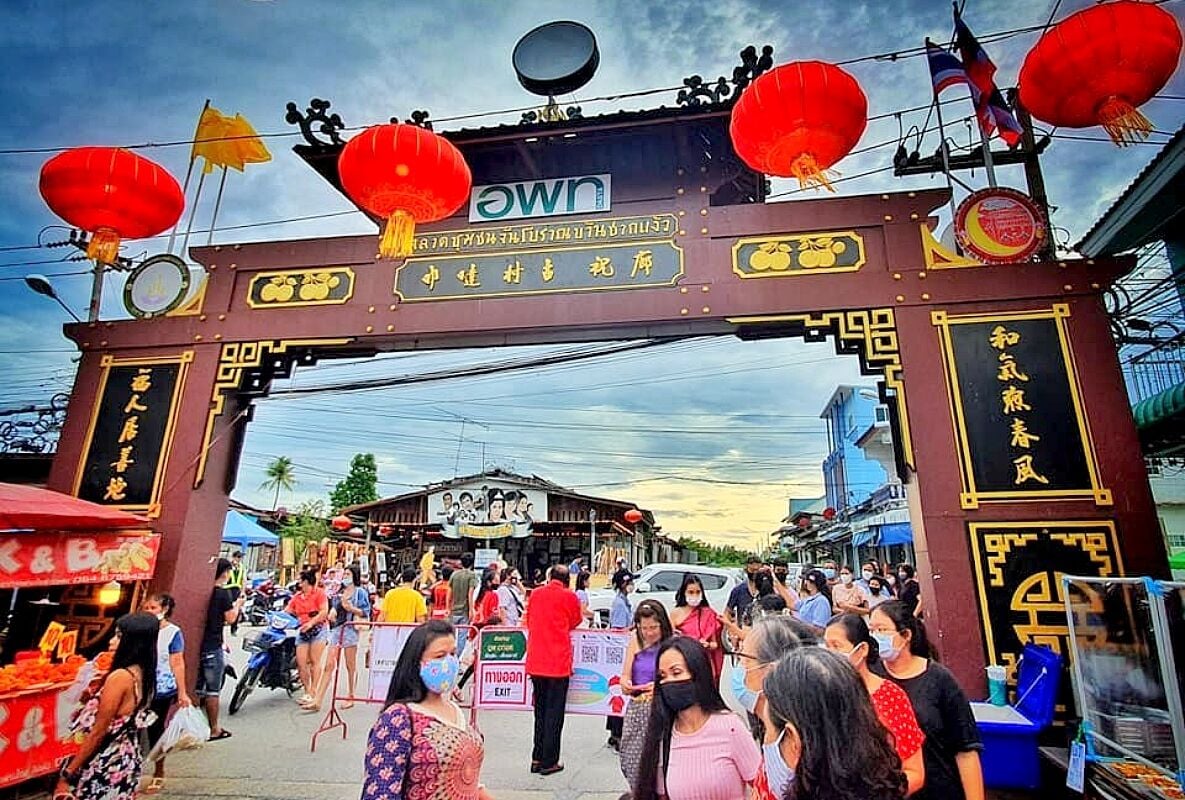Chinese and Indian investors buying up Pattaya

Pattaya has been attracting foreign investors for years, but now Indian and Chinese investors are leading the way, buying up businesses in the area and catering to people from their home countries. Business people in the Chonburi province have commented on a rise in businesses specifically by and for Indian and Chinese tourists.
Indian investors were the first to strongly finance post-Covid recovery. They had previously bought pubs and restaurants along Pattaya’s famous Walking Street, reopening them as businesses specifically catering to Indian tourists.
But now that it’s been a month and a half since travel restrictions were lifted for Chinese travellers, investments from China are soaring. The Chinese investment is different from the Indian investment though. It is more organised and larger-scale. They have been buying up businesses as a fully integrated venture, rather than just owning individual businesses.
Chinese investors have been purchasing three-star and four-star hotels, restaurants, pool villas and chartering tourist attractions in the Bang Lamung area, Pattaya City and Jomtien Beach.
Their investments have been geared towards creating a comprehensive tourism programme that caters to Chinese tourists, famous for travelling on organised tour packages.
Not everyone is a fan of the influx of Chinese and Indian investment though. Locally-owned businesses refer to the fully-organised Chinese packages as zero-dollar tours as they are cheap, but tourists are required to buy overpriced products or services from connected vendors.
This means that, while there may be a surge in tourists and spending, none of it will trickle down into the hands of local vendors and business operators.
Chinese investors had previously put money into housing as well, and are doing so again, But, while they used to invest in entire real estate developments, the president of the Thai Real Estate Association says they are now buying more individual houses.
The investors generally buy houses and rent them to people from China, but often find themselves caught between Thailand’s thirst to attract wealthy foreigners, and their rules complicating foreign businesses.
In the past, Thailand wooed Chinese investors to buy villas, which they did, converting them into AirBnB rentals. Then authorities cracked down on illegal AirBnB businesses – in Thailand rentals must be monthly or else a hotel license is required.
That understandably soured many Chinese investors who are now facing a similar back-and-forth over Thai nominees. To run a business in Thailand, foreign investors need a Thai partner. Many “grey businesses” pay off an unrelated Thai person to act as a nominee to allow the business to gain legal status. But recent crackdowns have warned that Thai citizens who allow their names to be used by foreigners to open businesses that are reserved for Thai nationals may face penalties.
Latest Thailand News
Follow The Thaiger on Google News:


























